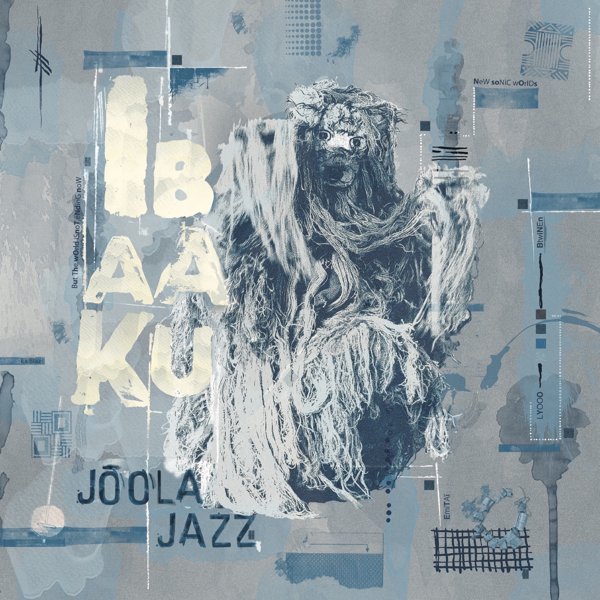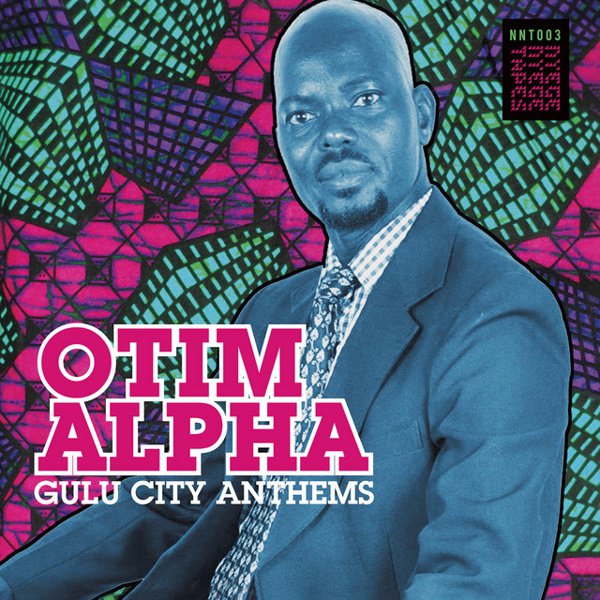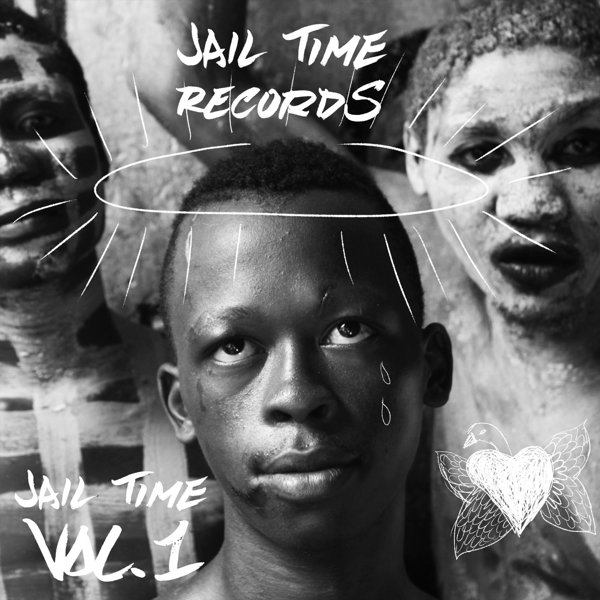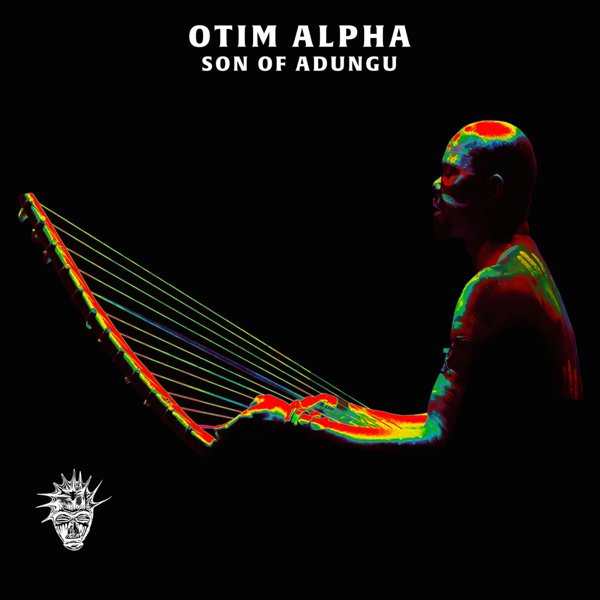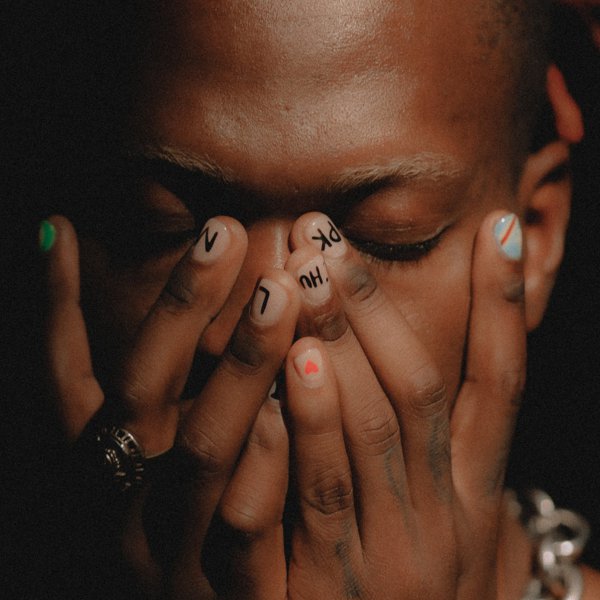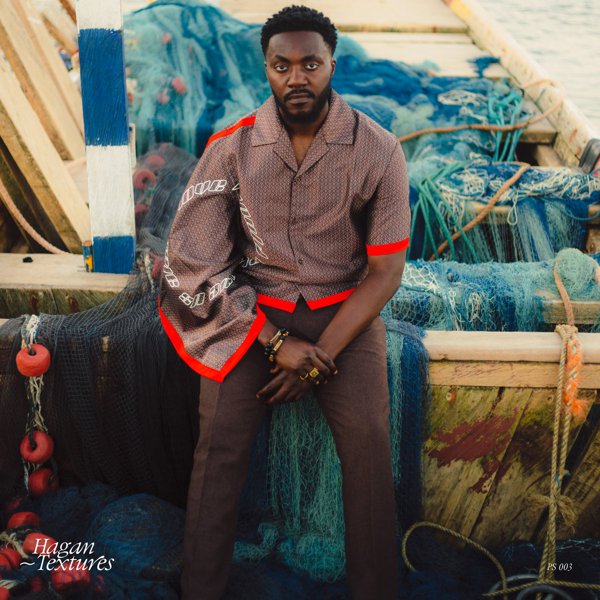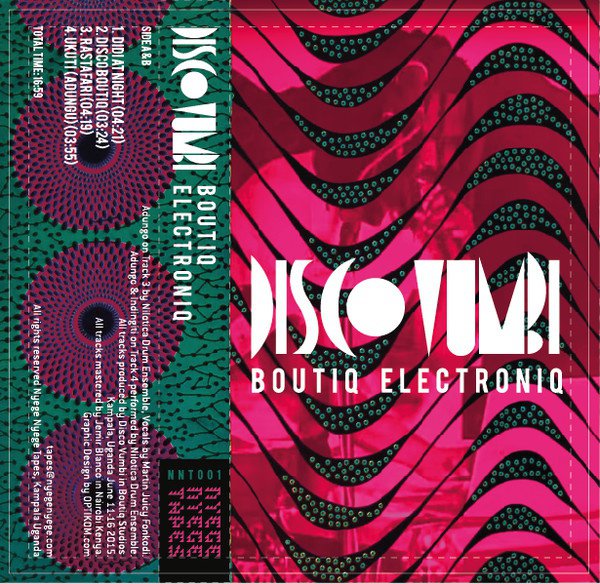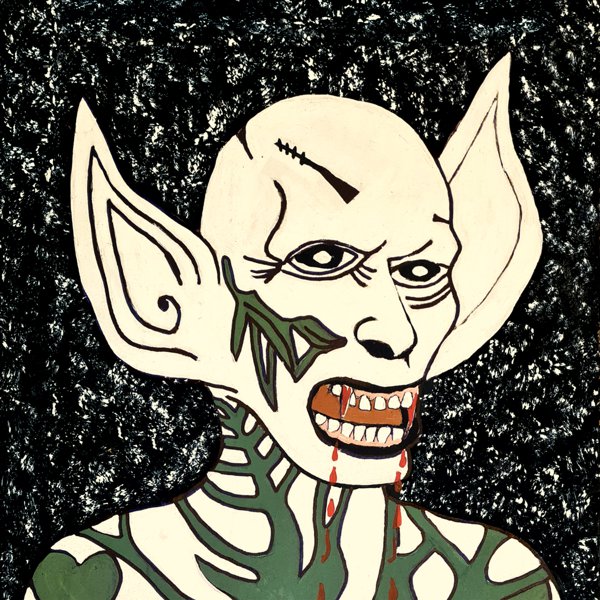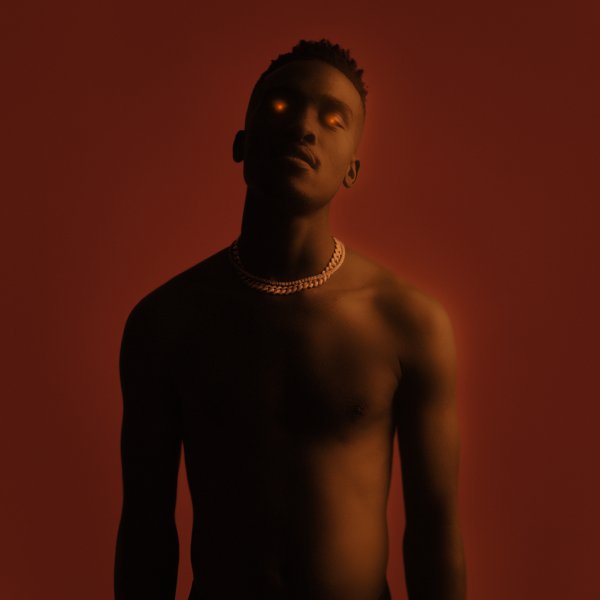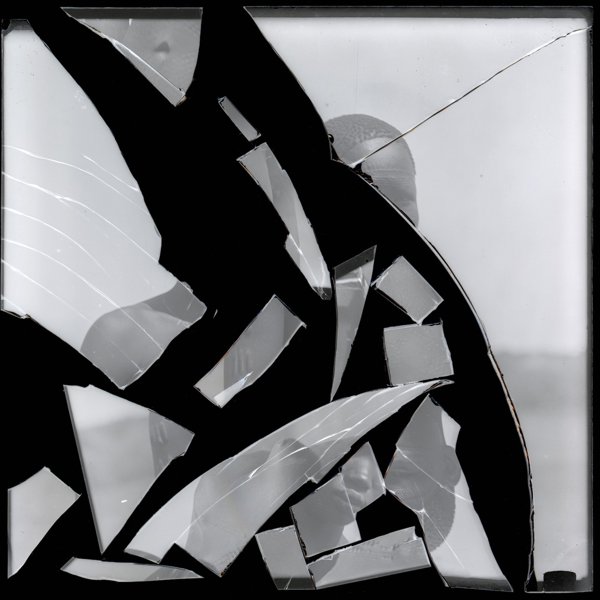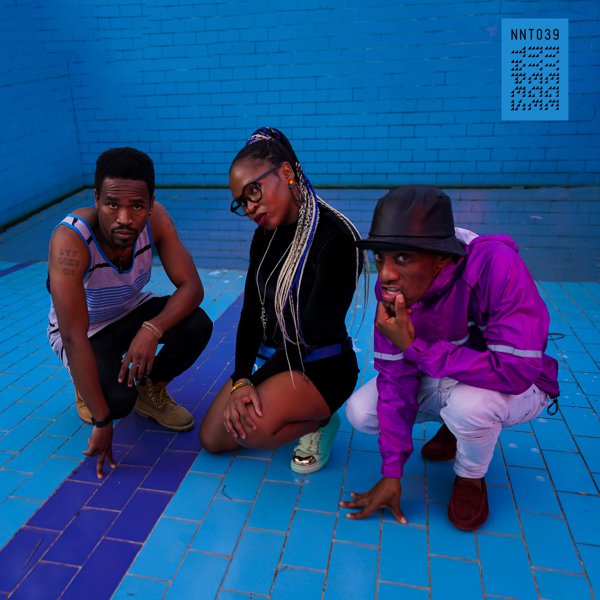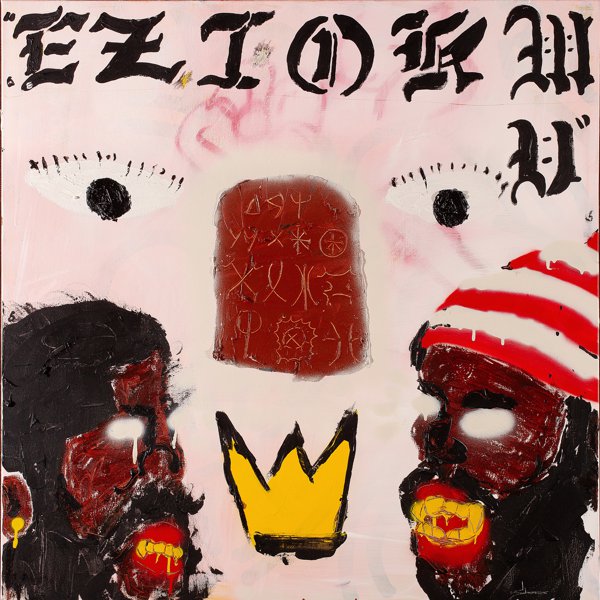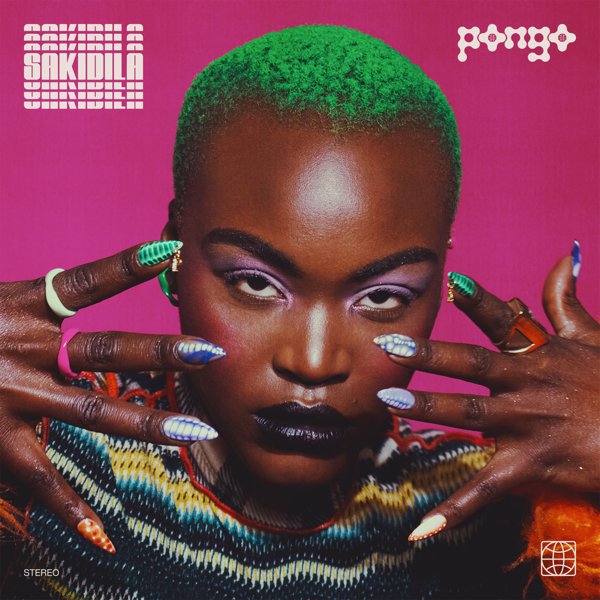Joola Jazz
Over the past few decades Senegal’s capital has become an epicenter of culture in West Africa thanks to events like Dakar Fashion Week, the Biennale, and international music conferences and festivals, not to mention the myriad independent ateliers, galleries, and clubs. Ibaaku has his finger in many of these pies. After first coming through as a rapper in Dakar’s vibrant hip-hop scene in the early 2000s, he’s become one of the most influential figures in the clubbing and electronic music scenes, and often collaborates with art and fashion events to create immersive soundtracks and sound design. As forward looking as he is, Ibaaku keeps one foot firmly in Senegal’s past and traditional cultures from around the country (he is a co-founder of Kenu: Lab’Oratoire des Imaginaires, an art space that explores the imaginaries, social practices and traditional knowledge of Ouakam society). This comes through strongly on his second album Joola Jazz, which is rooted in his research into traditional music from Casamance, Senegal’s southern region. Even more so than on Alien Cartoon, his first album, all of Ibaaku’s different facets come together on Joola Jazz, whether on the heady mix of polyrhythmic percussion and thick basslines and soaring synths on “Bombolong” and “Buku,” two of the album’s most club oriented tracks, or the blend of jazz and more traditional sounds on “Jazz Griots” and “Bumiro.” With Joola Jazz, Ibaaku is leaving an indelible mark on Dakar’s ever-evolving cultural landscape.

